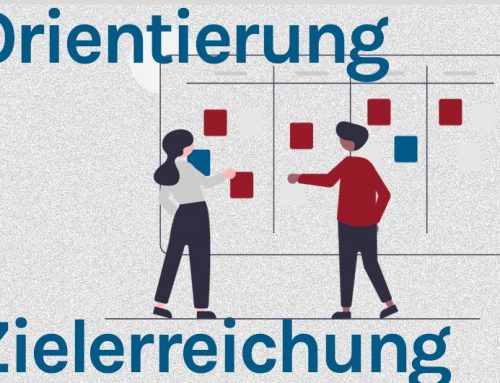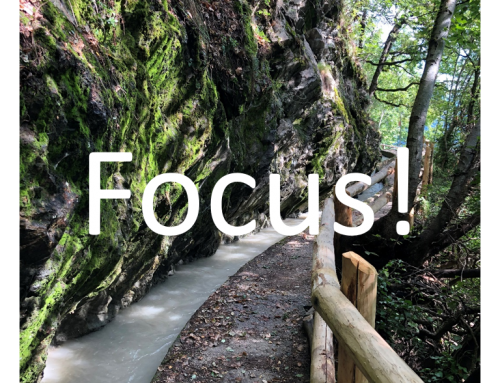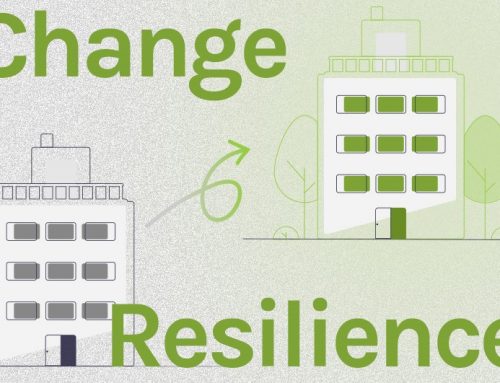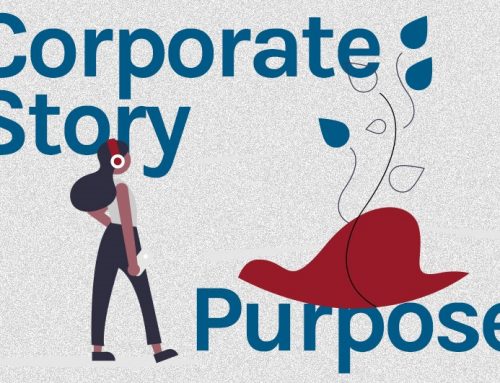2020/11/25
Yesterday morning, my daughter asked me to help her with some last moment review for a maths exam. It was about solving word problems. The calculations themselves were too difficult for the kids’ level, but you were allowed to work by approximation.
We both found that one of the most difficult things about this was to be able – without knowing the result of the precise calculation, nor the way the calculation needed to be done – to guess how much rounding would be adequate, and when it would throw us off course so much that the result would be marked as a fail. So here’s the complexity challenge for you: Sometimes, instead of getting lost in all the details of the trees, it is worth taking a step back and having a look at the wood, knowing that you will miss out most of the information on the tree level.
On a physical level you can try this with the famous rasterized image of Abraham Lincoln: If you squint, you see the face much better. How could that work on a practical level? Here’s an example: We all know the meaning of active listening, or empathic listening, in what kind of contexts it would be a good thing to do, and most of us would think of themselves that they should be doing more of it. But how do you learn it?
There is the approach on the tree level. Make a list of the activities that this includes: Lean forward. Look at the speaker. Mirror body language. Confirm with nods, facial expressions or short statements. Paraphrase what the speaker has said. Ask open questions. Etc. etc. And in each context, some of these things may be inappropriate, others would be helpful that are not on the list, and you can probably do any of these items in a way which is awkward and produces unwanted consequences.
What if instead of making this list even longer and more precise, we take a step back and give ourselves another kind of instruction: Instead of listening in order to reply, listen in order to learn. Or: Try to understand and feel what the world looks like from the speaker’s perspective. You don’t describe any precise activity. But you can be sure that each person who follows this general imperative, will practice active listening in a way which is both authentic, and adequate to the situation. The “imprecise” instruction works better.








